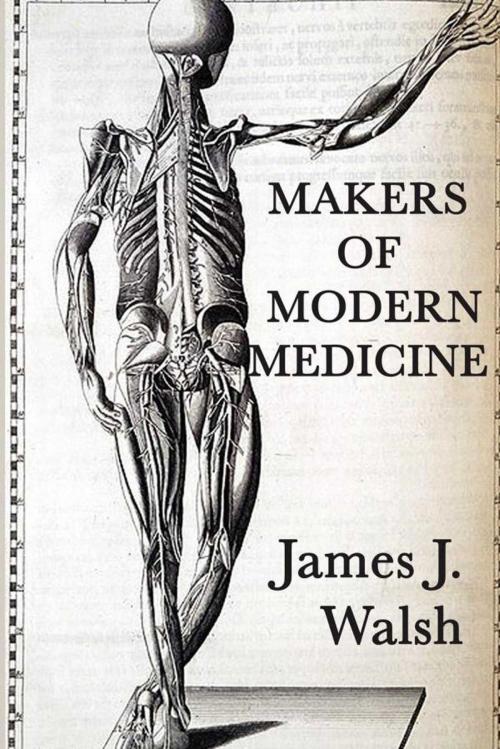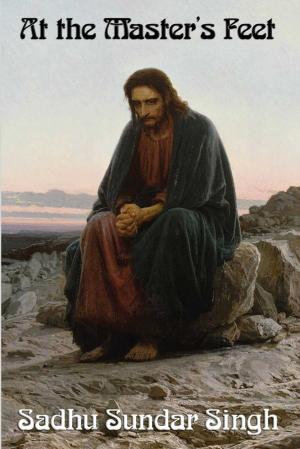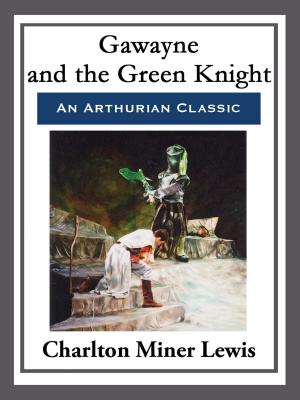| Author: | James J. Walsh | ISBN: | 9781625580603 |
| Publisher: | Start Publishing LLC | Publication: | November 1, 2012 |
| Imprint: | Start Publishing LLC | Language: | English |
| Author: | James J. Walsh |
| ISBN: | 9781625580603 |
| Publisher: | Start Publishing LLC |
| Publication: | November 1, 2012 |
| Imprint: | Start Publishing LLC |
| Language: | English |
Miiller entered this school in 1810 and Gorrcs did not resign his professorship until 1814, when owing to the publication of a political work he was obliged to flee from the country. It is not known how much influence Gorres exercised over young Miiller, but some at least of his precious love for the natural sciences, which even in his student days led to the making of natural collections of various kinds, seems to have been imbibed under the influence of the philosopher physiologist. The touching of the orbits of the two men, who were destined, more than any of their fellow-citizens of Coblentz, to influence Germany's future, must always remain an interesting consideration in the lives of both. Johann's parents were, as might have been expected, down in the old Catholic Rhineland in the capital of the spiritual principality of Treves, faithful members of the Roman Catholic Church. Very early in life, Johann conceived the wish to become a priest. His mother, rejoiced at her son's idea, was ready to make every possible sacrifice to secure his education. It was with the intention of education for the priesthood, then, that Johann entered the Sekunden Schule, an old college of the Jesuits, in which Jesuit tradition and methods of education still survived, and in which some of the old Jesuit pupils seem still to have held positions even during Mtiller's time as a student (1810 to 1817). It would appear probable that Ix-causc of the traditions of Jesuit teachings that held over at the school in Coblentz, and perhaps, too, because of the presence of some of the old masters and teachers trained by them, Miiller knew the ancient languages so well. He made his own translations of Plato and Aristotle, and consulted the latter.
Miiller entered this school in 1810 and Gorrcs did not resign his professorship until 1814, when owing to the publication of a political work he was obliged to flee from the country. It is not known how much influence Gorres exercised over young Miiller, but some at least of his precious love for the natural sciences, which even in his student days led to the making of natural collections of various kinds, seems to have been imbibed under the influence of the philosopher physiologist. The touching of the orbits of the two men, who were destined, more than any of their fellow-citizens of Coblentz, to influence Germany's future, must always remain an interesting consideration in the lives of both. Johann's parents were, as might have been expected, down in the old Catholic Rhineland in the capital of the spiritual principality of Treves, faithful members of the Roman Catholic Church. Very early in life, Johann conceived the wish to become a priest. His mother, rejoiced at her son's idea, was ready to make every possible sacrifice to secure his education. It was with the intention of education for the priesthood, then, that Johann entered the Sekunden Schule, an old college of the Jesuits, in which Jesuit tradition and methods of education still survived, and in which some of the old Jesuit pupils seem still to have held positions even during Mtiller's time as a student (1810 to 1817). It would appear probable that Ix-causc of the traditions of Jesuit teachings that held over at the school in Coblentz, and perhaps, too, because of the presence of some of the old masters and teachers trained by them, Miiller knew the ancient languages so well. He made his own translations of Plato and Aristotle, and consulted the latter.















